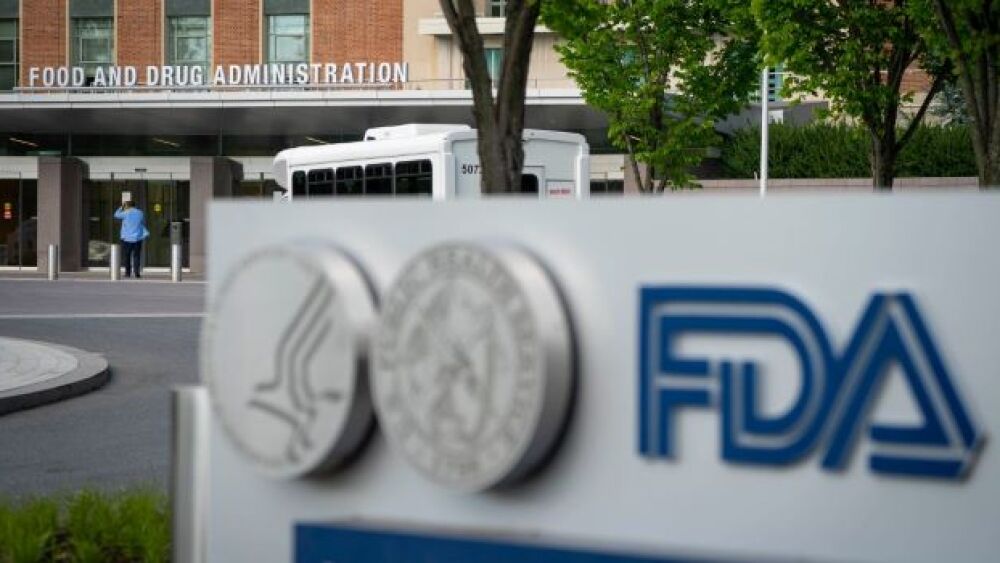BrainStorm Cell Therapeutics ran into another stumbling block with ALS hopeful NurOwn Thursday as the FDA issued a Refusal to File Letter for its Biologics License Application.
Sarah Silbiger/Getty Images
BrainStorm Cell Therapeutics ran into another stumbling block with ALS hopeful NurOwn Thursday as the FDA issued a Refusal to File Letter for its Biologics License Application.
For BrainStorm, the news must be eerily reminiscent of a day nearly two years ago when the regulator advised that the company’s Phase III trial did not meet the threshold of evidence to support a BLA.
BrainStorm spent the intervening period consulting with the FDA and ALS research community and further analyzing the data. This summer, the company announced it would seek a BLA.
BrainStorm hoped that a correction to analyses of the Phase III trial that resulted in a statistically significant treatment difference would buttress the therapy’s case.
The correction to the initial results, published in the journal Muscle and Nerve in December 2021, reflected a 2-point difference in a key secondary endpoint, average change from baseline on the ALSFRS-R scale. ALFSFRS-R is an established measure of disease progression where a top score of 48 equates to a healthy, fully functional individual.
The correction brought all subgroups with ALSFRS-R baseline scores of at least 26 to 35 to a place of statistical significance following treatment with NurOwn, BrainStorm said at the time.
In a statement Thursday, BrainStorm CEO Chaim Lebovits reaffirmed the company’s commitment to NurOwn’s advancement as a treatment for ALS. BrainStorm intends to request a Type A meeting with the FDA and “looks forward to continued discussions” with the regulator, Lebovits said.
While the FDA did not outline its rationale in the RTF letter, Dr. Merit Cudkowicz, chief of neurology at Massachusetts General Hospital and trial co-investigator suggested that a single Phase III trial that didn’t hit the endpoint was possibly not sufficient.
When Amylyx’s Relyvrio was approved for ALS in September, it was on the basis of a Phase II trial that hit its endpoint. In addition, a much larger Phase III PHOENIX trial is ongoing with data expected in 2024.
“I think for the doctors, knowing that Amylyx had another study going on was reassuring,” Cudkowicz told BioSpace.
Cudkowicz additionally stated that while recently approved drugs like Relyvrio and Radicava were reviewed by the Center for Drug Evaluation and Research, NurOwn is being evaluated by the Center for Biologics Evaluation and Research.
While the rules should be the same across the divisions, Cudkowicz said the groups “may have different approaches or different definitions of flexibility.”
While NurOwn missed the primary endpoint in its Phase III trial, it did demonstrate a meaningful response when looking only at a pre-specified subgroup of patients with early-stage disease. In this group, 34.6% of NurOwn recipients received a clinically significant response versus 15.6% in the placebo group.
“I do hope that there’s a path forward because, with something like ALS, you don’t want to throw out something that might help even a subset of people,” Cudkowicz said.
While BrainStorm was not available to comment Thursday morning, the company noted it would outline its corporate strategy and plans to advance NurOwn at its third-quarter earnings call Monday morning.






